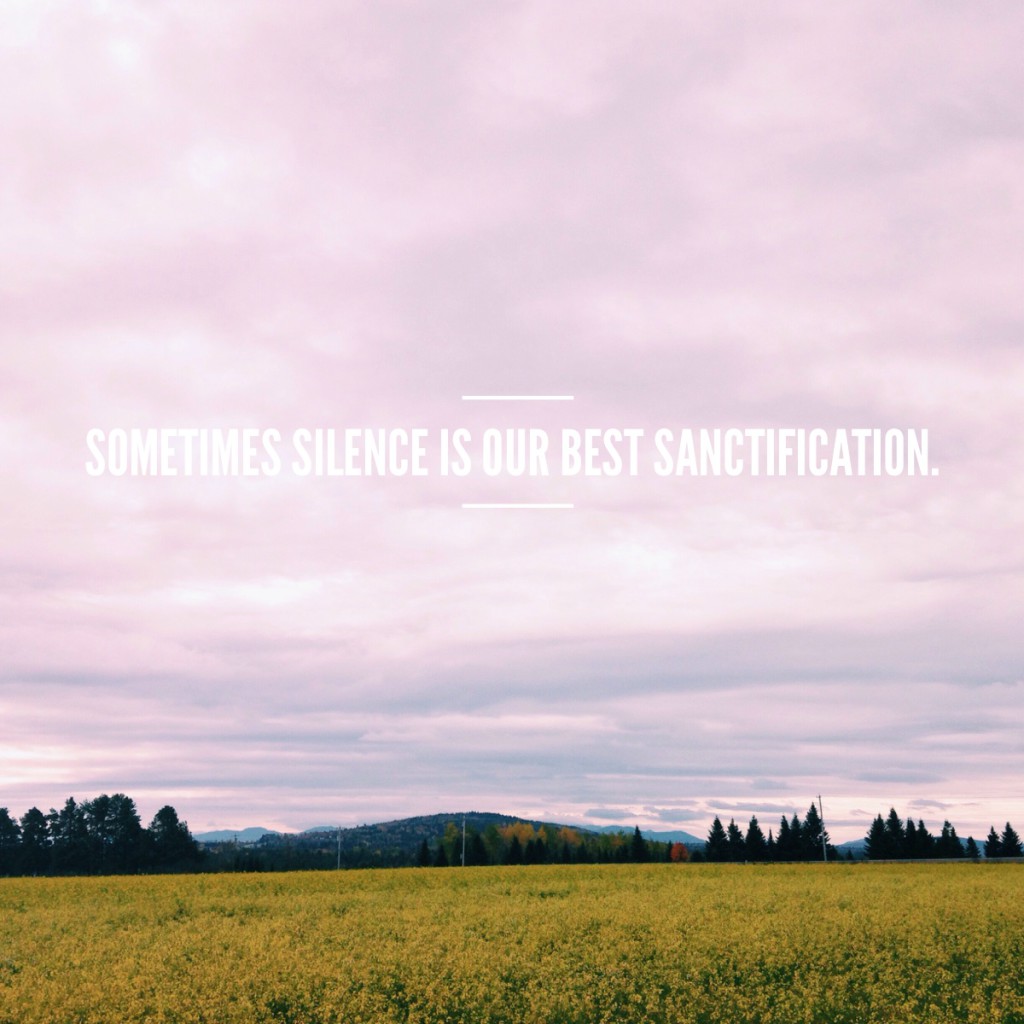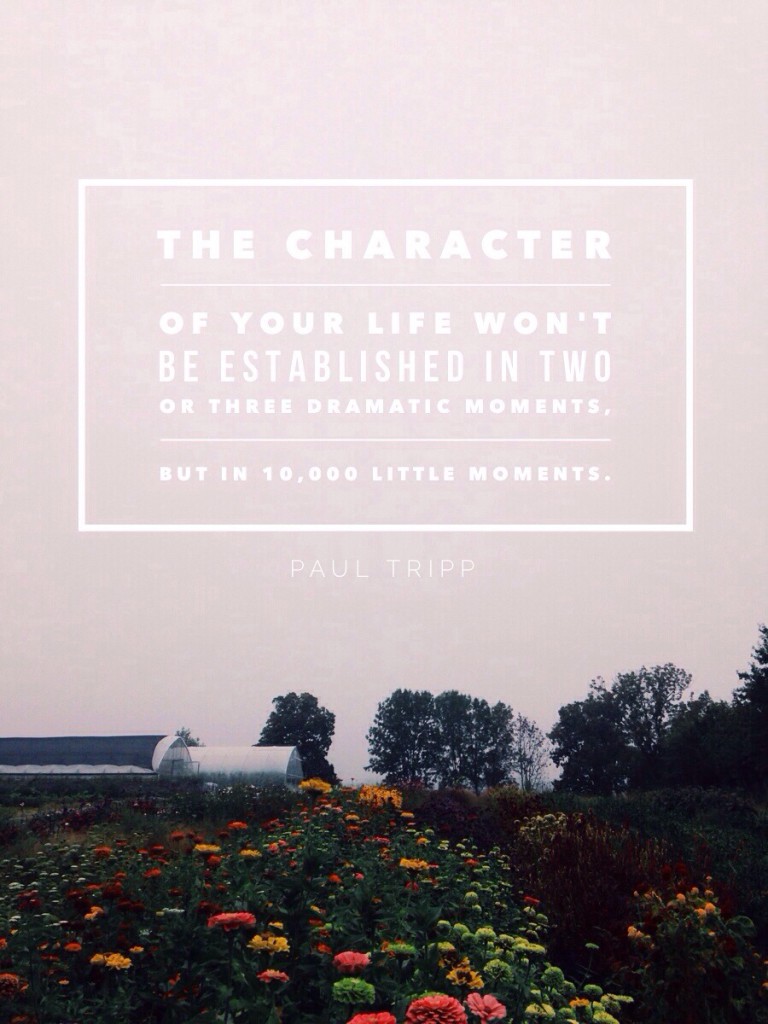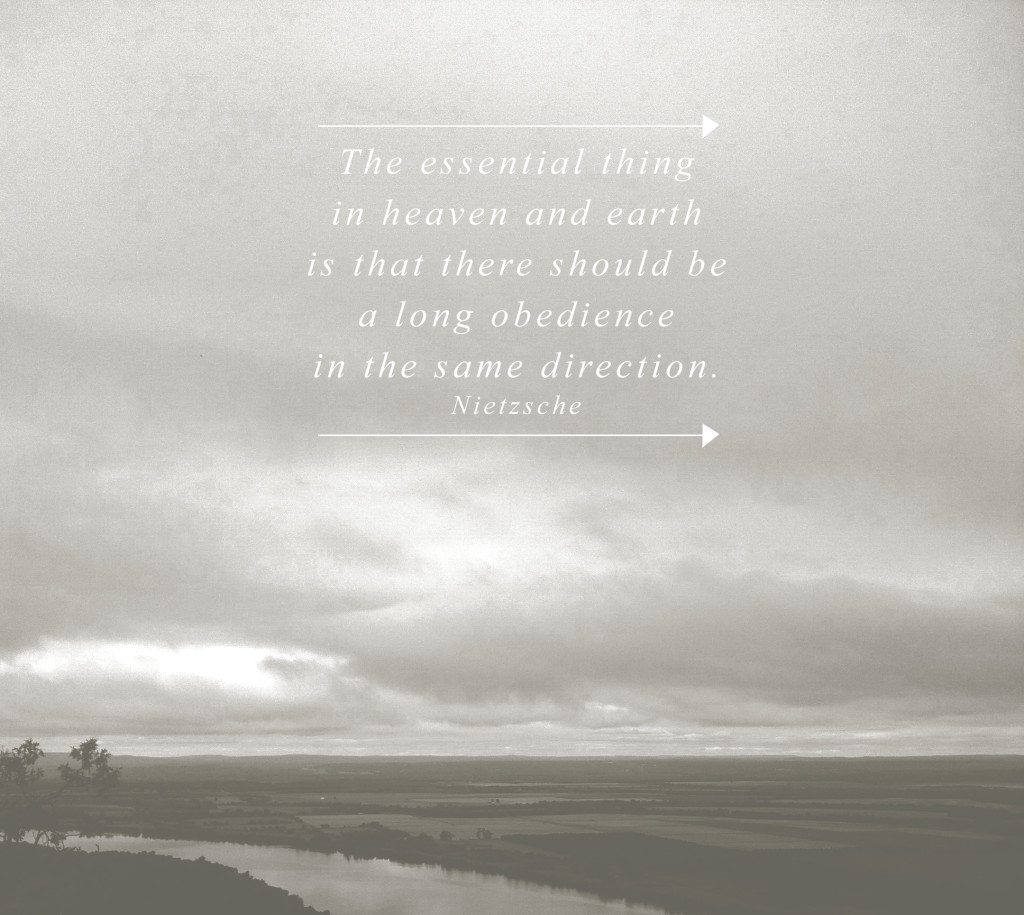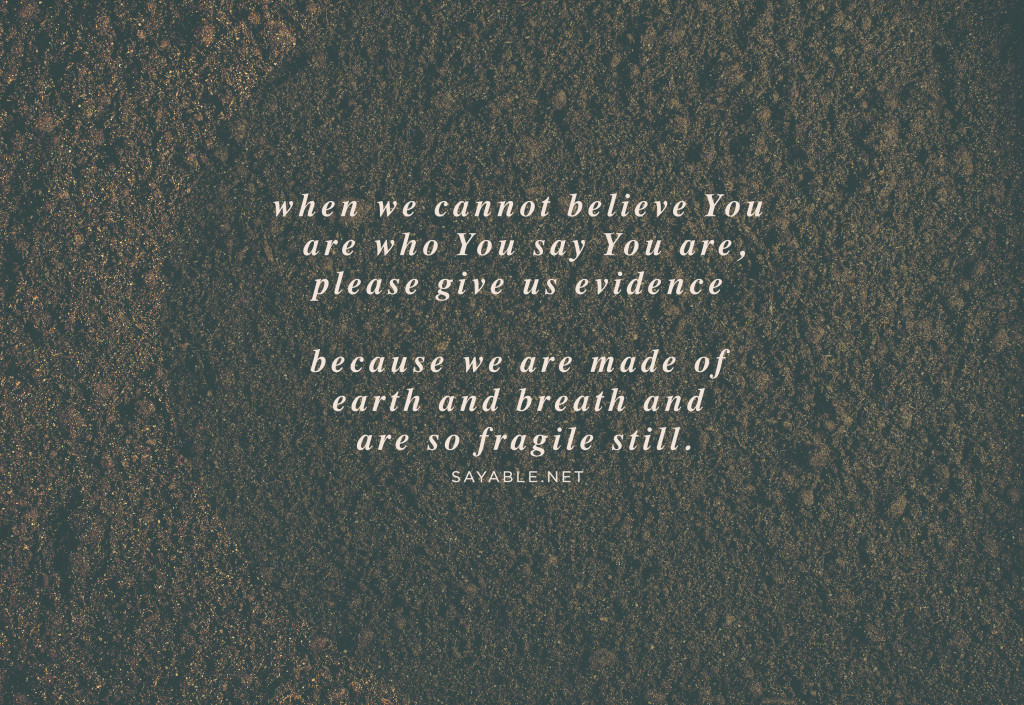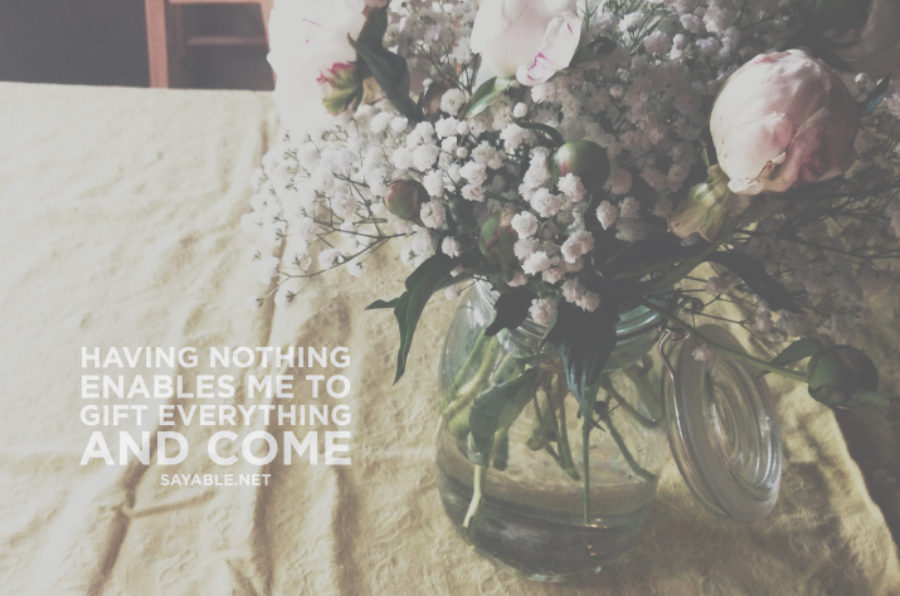Perfecting Faith at 4am
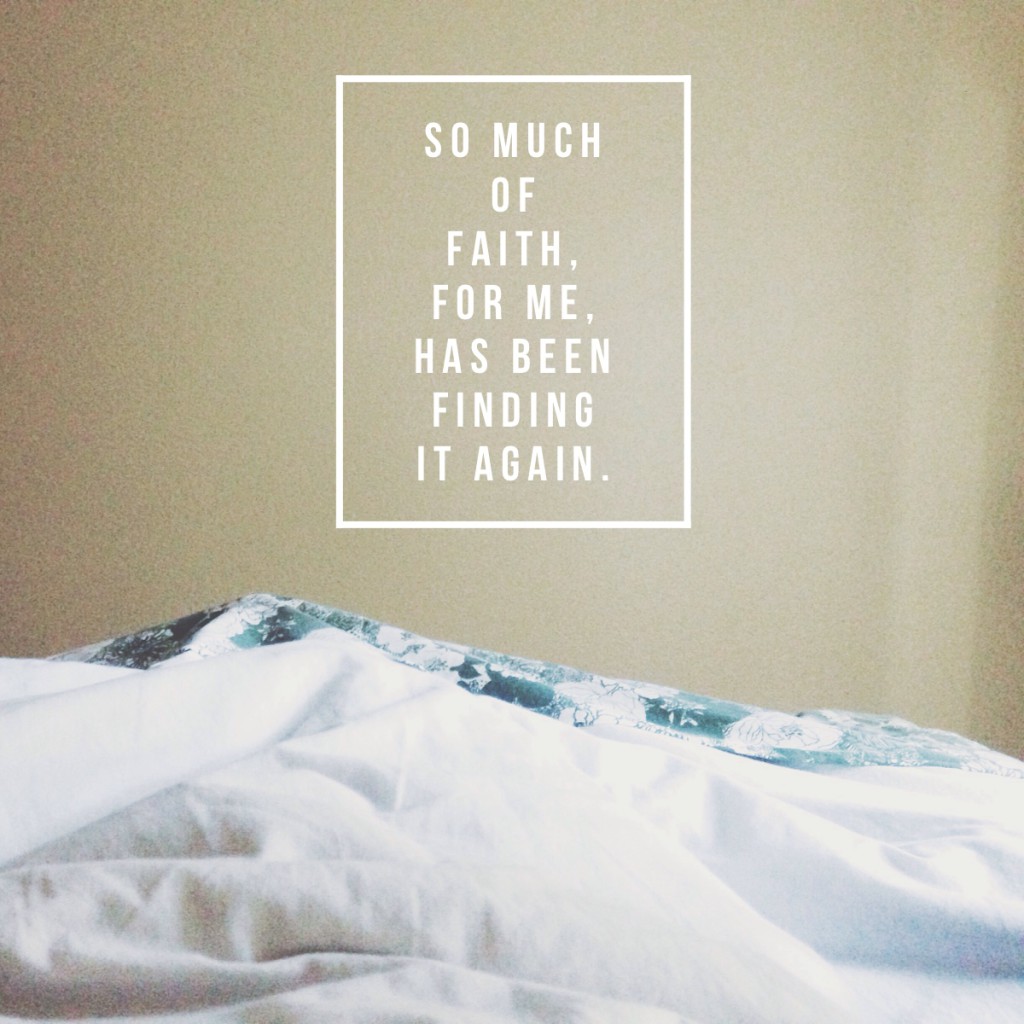 So much of faith, for me, has been finding it again. Some have been given the gift of simple faith, easy, a natural bow into belief. That is not my story, nor my portion. All my faith has been wrestled for, won, lost, contended for, gained, slipped away, and shattered—again and again. Whenever I think I have found it, I find (most times) what I've found is myself and sometimes I am the greatest enemy of my faith.
So much of faith, for me, has been finding it again. Some have been given the gift of simple faith, easy, a natural bow into belief. That is not my story, nor my portion. All my faith has been wrestled for, won, lost, contended for, gained, slipped away, and shattered—again and again. Whenever I think I have found it, I find (most times) what I've found is myself and sometimes I am the greatest enemy of my faith.
I am not a fitful sleeper—sleep comes quickly to me and stays deep until morning most nights. But I slept fitfully last night, waking every hour. I was hot. I was cold. I was tense. I was afraid. I was contending.
Perfectionism is my vice and faith is its greatest gain. I set my sights on lesser things, sure, perfect thoughts, perfect writing, perfect design, perfect diet, perfect words, perfect image, perfect clothes, perfect home, perfect friendships. These elusive gains, for me, shadow the ever escaping faith I so desperately desire.
I ache for simple faith. I long for it. In the middle of the night I groan for it. I beg for it, pleading that he would so captivate my mind and heart, that I would be so fat on the feast He has provided in himself, that faith would slip into my heart and hands and stay for life.
But he has almost always withheld the gift of perfect faith.
. . .
For the past few weeks—at church, at small group, at our kitchen table—Hebrews 12:1-2 has been in our mouths.
Therefore, since we are surrounded by so great a cloud of witnesses, let us also lay aside every weight, and sin which clings so closely, and let us run with endurance the race that is set before us, looking to Jesus, the founder and perfecter of our faith, who for the joy that was set before him endured the cross, despising the shame, and is seated at the right hand of the throne of God.
It is nearly 4am and I have been lying there, in my twisted comforter and sheets for an hour, wrestling with the current capture of my mind. II Corinthians 10:5 says to take every thought captive to the obedience of Christ—but what about when the thoughts feel so enemy, you're sure Christ won't want them in his fold?
I stop on that thought: the idea that Christ wouldn't want my rags, that his righteousness wouldn't cover my wrestlings, that his goodness wouldn't provide for my sin—and I remember "Jesus, the author and perfecter of my faith."
Even my faith is not mine to perfect?
Everything in my life feels out of my ability to control, and faith is too?
. . .
Someone called me brave the other morning and I responded I have nothing to lose, but the truth is, I am brave because I am afraid of losing faith. The only way I know to keep it is to contend for it. But if Christ is the perfecter of my faith, then it is his to keep and hold—and contend for on my behalf.
I fall asleep in this truth: my faith belongs to Him, to grant to me in his time, his way, through his purposes, and for his goodness. It is his to perfect, not mine. And it is his to perfect in me—not mine to be wrestled for and won. The command for me in Hebrews 12 is to run with endurance. Faithfully asking for faith, obediently walking in obedience, gracious receiving grace. All his, perfecting in me the gift of faith.



